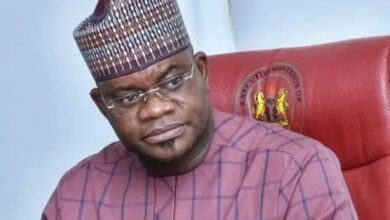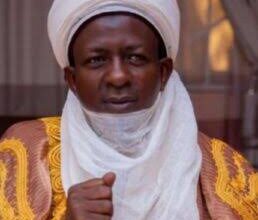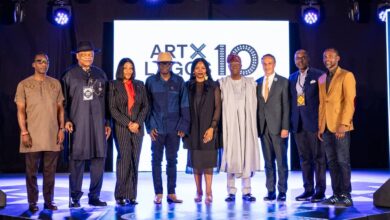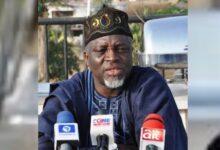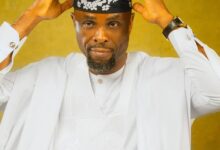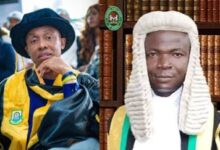When education fails some educated in Nigeria, by Mfon Offiong

“In the US… Obviously, those with college degree and those without college degree have different policy and political preferences. In Nigeria, the illiterate or uneducated and the so called educated from the same tribe generally think alike.”
In advanced democracies, the views of educated people is largely different from the views of the uneducated.
In Britain for instance, during brexit, more people with college degree opposed brexit while more people without college degree supported it.
In the US, majority of white males without college degree voted for Trump or the Republican party, while majority of white male with college degree voted for Biden and the Democratic party.
Obviously, those with college degree and those without college degree have different policy and political preferences.
In Nigeria, the illiterate or uneducated and the so called educated from the same tribe generally think alike. Tribe and religion are the defining feature of their political preference and outlook.
That means that no matter how educated some people are in Nigeria, they are still unable to rise beyond petty sentiment and tribalism to reason and look at issues objectively.
There are university professors from the South East who believe that President Muhammadu Buhari, PMB, is a clone or Jubril from Sudan because Nnamdi Kanu said so.
There are university professors from the South West, who consider Sunday Igboho as their authentic leader and a hero.
Events of recent days have shown that while citizens of other African countries are busy projecting pan-Africanism, African Integration and unity to break the chains of neocolonialism which has kept Africa down, a lot of Nigerians are drowning in tribal consciousness which fuels ethnic division.
It is apparent that tribalism runs deep in this country so before debating with anyone (to avoid wasting energy) find out if they are closed minded bigots or open minded objective individuals engaging in intellectual discourse to enrich their knowledge and avail others the benefits of their perspective on the topic of discussion.



